Are you a musician or band looking to record your first album? Or are you a seasoned professional wondering how much it will cost to make your next hit record? Recording an album can be a costly endeavor, with expenses ranging from studio time and equipment to mixing and mastering.
We will break down the various costs associated with recording an album. So let’s get it started.
How Much Does It Cost to Record an Album?
The cost of recording an album can vary widely depending on your recording needs. If you’re a true DIYer, you can get started with just $1,000 and a lot of time. This budget would cover everything you need, including a computer (around $500), GarageBand software ($5), an audio interface ($200), and some versatile mics like the Shure SM57, cables, and DIY mic stands. You’ll also need a decent pair of headphones to monitor your recordings.
On the other hand, if you have more money to spend, professional studios come equipped with expensive microphones and all the necessary recording equipment. Rates for professional studios range from $50 an hour to as much as $500 an hour. Overall, the cost of recording an album can range from $1,000 to $40,000 or more, depending on your budget and recording needs.
What Affects the Overall Cost of Recording an Album?
The Musical Equipment
The cost of musical equipment can vary greatly depending on your musical style and preferences. If you’re in a punk band, you may not want to spend a lot of money on your gear since it’s likely to get damaged during performances. However, if you want decent gear that sounds good, you have a few options.
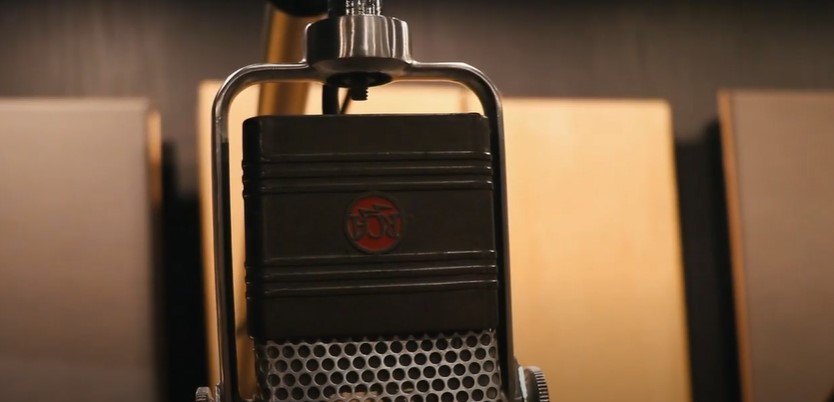
Retail stores like Guitar Center can provide a convenient shopping experience with salespeople to help guide you through the purchasing process, but be aware that they may work on commission. Alternatively, websites like Craigslist offer the possibility of finding great deals on used gear, but it can be a bit of a gamble as you’re dealing with individuals and scams may be present.
No matter where you shop, it’s important to be a savvy buyer to avoid being taken advantage of. The cost of equipment for a band can range anywhere from a bare minimum of $700 to thousands of dollars, depending on what gear you buy and where you buy it.
The Rehearsal Space
One of the biggest challenges for bands is finding a suitable place to rehearse. While some bands may be lucky enough to use their parents’ garages or basements, many musicians turn to the industry for lock-outs and rehearsal spaces. These spaces offer a creative environment without sonic restrictions, but come at a cost.
A reasonable estimate for a rehearsal space with all the amenities a band needs is around $25 an hour. For example, if a band has one primary songwriter and needs to learn new songs for an album, they may need to rehearse three times a week for six hours each time over a month. This would cost the band $1,800.
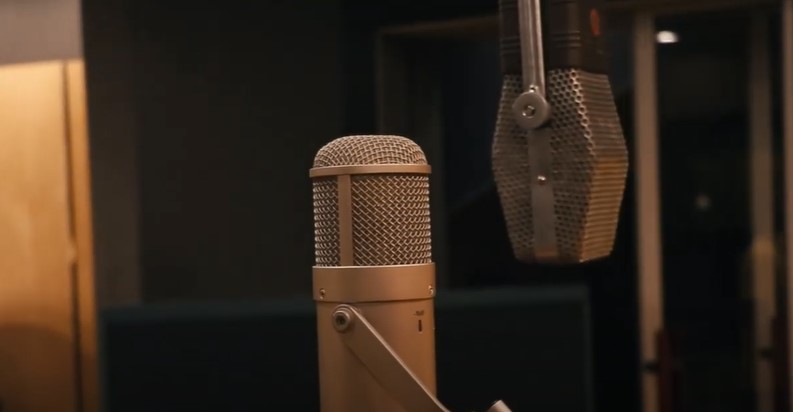
Another option is to rent a rehearsal space for an entire month, but this typically involves a more rigorous application process. The cost of renting a rehearsal space can vary greatly, but if a band is serious about their long-term goals, it may be worth the investment.
The Sound Engineer
When recording an album, it’s crucial to prioritize the quality of the sound. This means hiring an experienced and specialized sound engineer to oversee the recording process. A sound engineer will ensure that the recording frequencies are correct and guide you on everything related to the sound of your album or EP.
While their services may come at a cost, it’s important to remember that poor sound quality can ruin all your hard work and investment in your music career. Typically, sound engineers charge between $40 to $80 for every hour of their services.
For example, if you work with a sound engineer for 8 hours a day at a rate of $60 per hour, you will pay around $3,360 for an album, $1,920 to $2,400 for an EP, and $480 for a single song, but it’s essential to factor in any additional expenses such as travel and food.
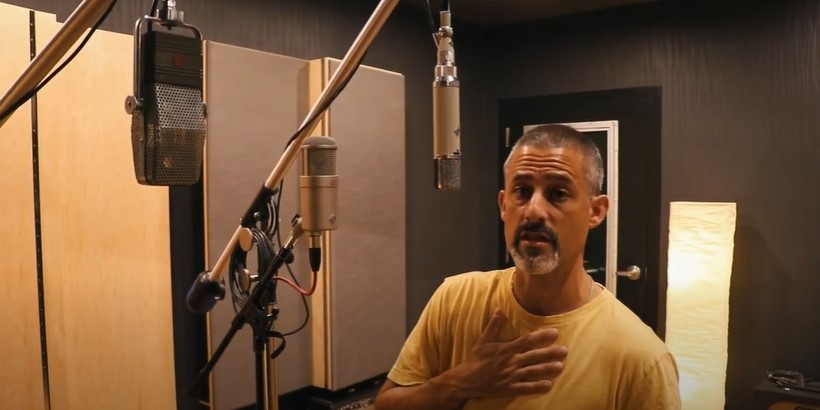
The Mix Engineer
The mix engineer plays an essential role in making a track sound its best. They take the raw recordings and apply their expertise to polish the sounds and adjust the levels, ensuring a high-quality mix. Hiring a professional mix engineer is recommended, especially if you’re short on time and want top-notch results.
If you’re interested in learning how to mix yourself, you can find plenty of resources online and learn through trial and error. Keep in mind that the rates for mixing are subjective, and some major label releases may pay a premium for the services of top-of-the-line mix engineers.
It’s essential to have a good ear and technical skills to produce a mix that sounds amazing and captures the essence of your music.
The Mastering
Mastering is the process of taking a mixed track and giving it that final polish to make it sound professional and balanced. This is typically done by a third-party service provider who specializes in mastering. The purpose of mastering is to ensure that the final product sounds good across different sound systems and mediums.
While it is possible to learn the process on your own, it is usually best to hire a professional with experience and a good reputation in the industry. Just like with mixing, hiring a big name in the mastering world can come with a high price tag. However, the investment can be well worth it when you hear the final product.
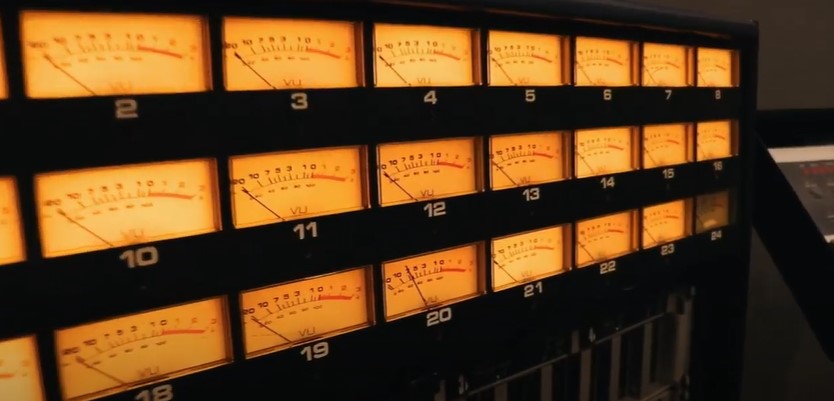
The Album Artwork
Album artwork is an essential element of any album, as it represents the overall vibe and message of the music. While the cost of album artwork can vary greatly depending on the materials used and the artist’s skill level, it is crucial to budget for this expense to ensure that your album is visually appealing and captivating.
Some musicians prefer to create their own artwork using basic materials, while others prefer to hire a professional graphic artist to design a unique and eye-catching cover. In most cases, artists opt for a middle ground, spending a moderate amount of money to ensure that their album artwork accurately represents the music and attracts the attention of potential fans.
The Physical Format
Investing in physical formats is crucial in recouping your expenses for making an album. Before deciding which formats to choose, it’s important to determine what your target audience prefers, such as vinyl or CDs. Digital formats are the most accessible and affordable option. Websites like Bandcamp offer free distribution of your music and only take a small percentage of your sales.
However, physical formats may cost more upfront, but buying in bulk can be more cost-effective in the long run. It’s essential to balance the distribution of your music in the most profitable way possible to ensure you make a profit on your investment.
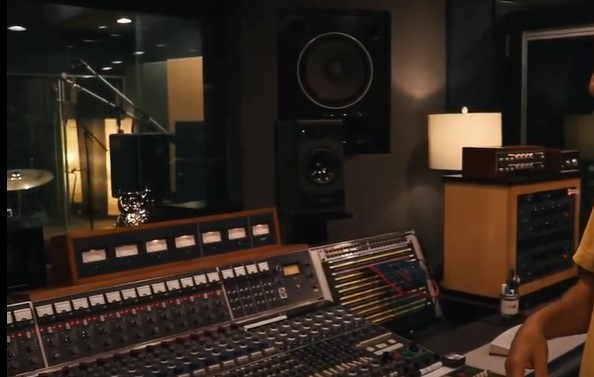
How to Sell and Market Your Recorded Album Effectively?
Selling and marketing a recorded album effectively requires a combination of strategic planning and creative execution. The first step is to define your target audience and determine which channels they are likely to use to discover new music. This will help you focus your marketing efforts on the most relevant platforms and channels, such as social media, music blogs, and streaming services.
One effective way to market your album is to build anticipation before its release. This can be done through pre-release promotions, exclusive content, and behind-the-scenes glimpses of the recording process. Offering pre-orders on your website or through online retailers can also help build buzz and generate sales.
When it comes to promoting your album, social media is an essential tool. Create profiles on all major platforms and use them to share news about your album, behind-the-scenes content, and updates on upcoming shows and tours. Paid advertising on social media can also be effective, particularly when targeting specific demographics and interests.
In addition to social media, it’s important to work with music blogs and websites to promote your album. Reach out to bloggers and journalists who cover your genre and offer them exclusive content or early access to your music in exchange for coverage. This can help generate buzz and expand your audience.
Another effective way to sell your album is to offer it in multiple formats. While digital distribution is convenient and cost-effective, physical formats like vinyl and CDs can also be profitable, particularly for fans who want to own a physical copy of your music. Make sure to price your physical products appropriately and offer bundle deals to encourage fans to purchase multiple formats.
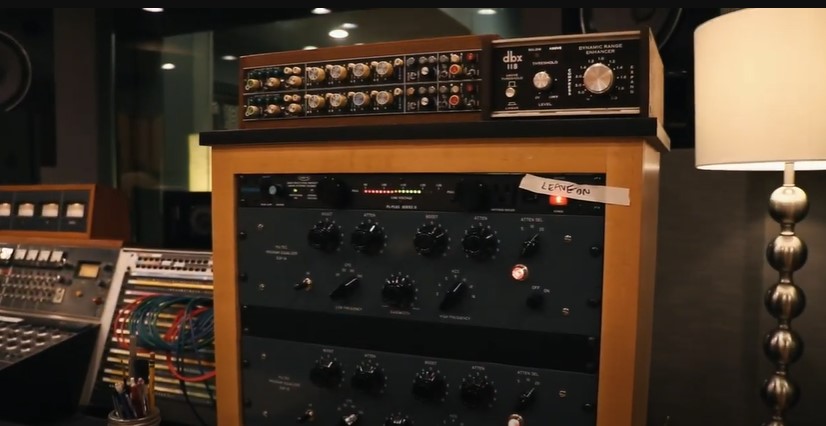
Conclusion
The cost of recording an album varies widely depending on various factors, including the quality of the studio, the experience of the engineers, and the number of songs to be recorded. While it can be a significant investment, it is crucial to ensure that you have the best quality recording to attract listeners and increase your chances of success in the music industry.
With careful planning and budgeting, recording an album can be a fulfilling and rewarding experience.

